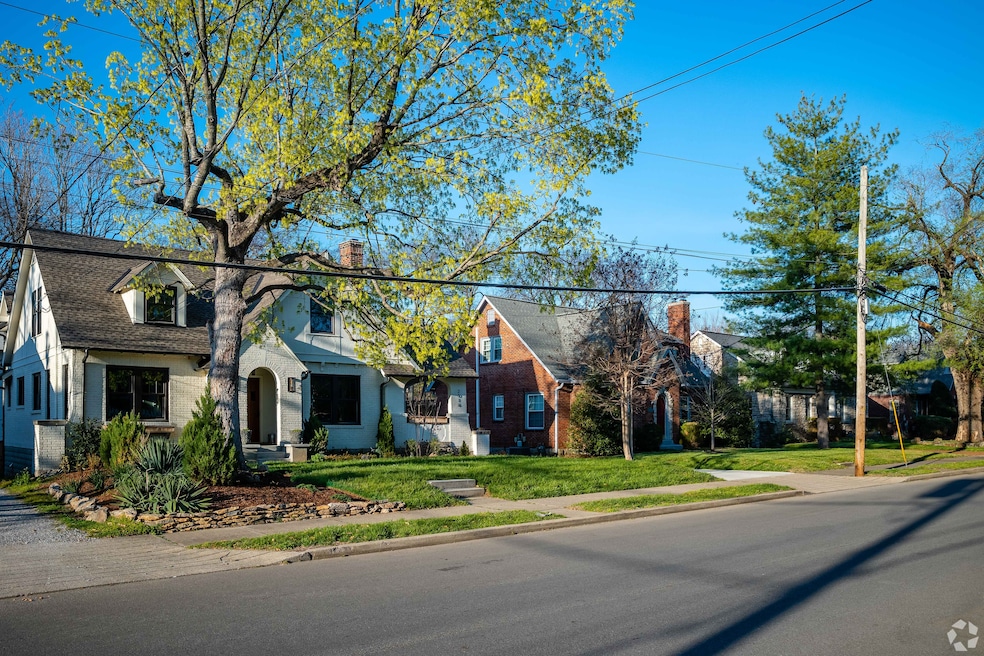Officials in Nashville, Tennessee, are considering a proposal to boost residential construction by permitting a variety of housing types in existing neighborhoods beyond one- and two-family homes.
The Metropolitan Council, the legislative body for Nashville and Davidson County, is scheduled to hear public input on Nov. 4 on a bill that would create two new zoning districts where residents or developers can build townhouses and small apartment buildings. Residents can also weigh in on a separate bill that encourages more people to put accessory dwelling units in their backyards.
The rationale for the legal changes is that the city needs 90,000 new homes by 2034, but only 70,000 are possible unless the rules are changed, according to city officials.
“We as a community will need to find room and funding for 90,000 homes over the next decade if we want to have any hope of enough people having secure, stable housing at any income level,” Nashville Mayor Freddie O’Connell said in May during his annual State of Metro address.
The changes to permit more housing types, as well as a third bill giving developers incentives to include income-restricted housing in their projects, garnered praise from Greater Nashville Realtors, a trade association with 6,500 members.
“The goal is not to change our neighborhoods, it’s to ensure more Nashvillians can afford to call them home,” Jarron Springer, the organization’s chief executive officer, said in a statement Tuesday.
The group said that existing design standards would protect neighborhoods from undesirable development.
That’s cold comfort to Save Our Nashville Neighborhoods, a grassroots group of residents. The group said on its website that the city is likely to create more market-rate housing, without addressing the critical need for more affordability.
Christopher Remke, the group’s president, said in a Substack post earlier this month that the 90,000-home goal is based on a forecast of 175,000 new residents by 2034. But Remke said the state government’s own projection, computed by the University of Tennessee’s Boyd Center for Business and Economic Research, is that the city and county will only grow by 69,000 people in the next nine years.
“This massive discrepancy is the central reason Nashville’s housing target demands re-examination,” he wrote.
The city-county combined population in 2024 was about 705,000, according to the Boyd Center’s website.
On a website that outlines the proposed legal changes, city officials said just creating the new zoning districts, Residential Neighborhood and Residential Limited, wouldn’t actually allow anyone to build anything. A landowner would still have to request that the city assign their property to one of the two new districts.
The accessory dwelling unit bill would allow detached ADUs of up to 1,200 square feet on lots that are at least a quarter-acre, a 200-square-foot increase. On smaller lots, the cap would be raised to 850 square feet. Currently, accessory units are allowed only in a few sections of the city; the bill makes construction possible in most neighborhoods.

